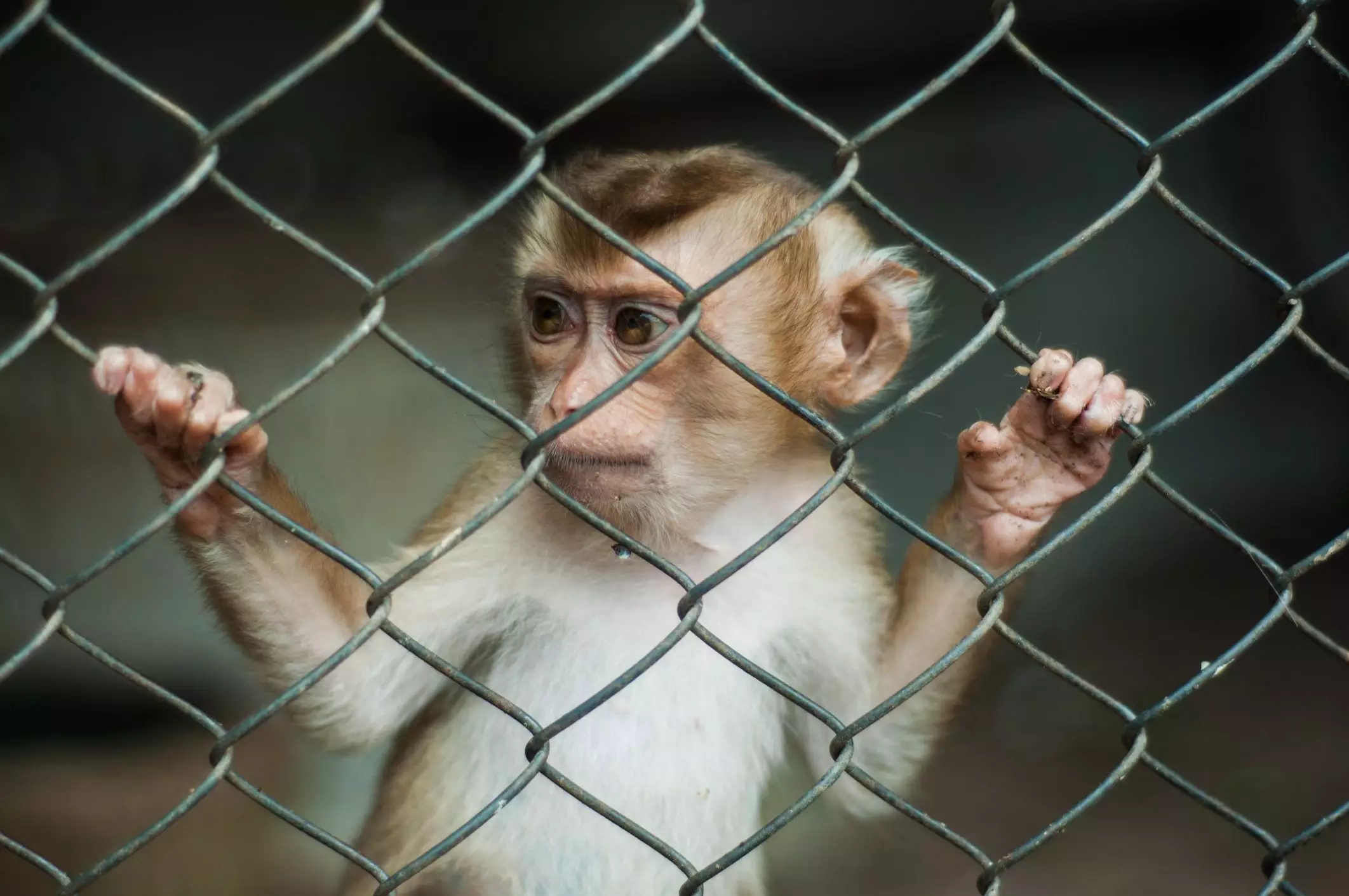Keeping a pet monkey may seem like an exotic and enticing idea, but it is essential to understand the complex realities that accompany such a commitment. Unlike traditional pets like dogs or cats, monkeys are not fully domesticated; they retain much of their wild nature and pose significant challenges for any potential owner. In this article, we will explore the unique considerations of pet monkey ownership, highlighting the immediate and long-term implications that come with nurturing these complex creatures.
First and foremost, it’s important to recognize that adopting a monkey is a lifelong commitment, with many species living upwards of 20 years, and some even extending to 40 years. When you decide to bring a monkey into your home, you are agreeing to a long-term relationship that requires a considerable investment of time, resources, and emotional energy. It is crucial to acknowledge that the cute, cuddly baby monkey you envision may evolve into a challenging adult who needs specialized care and attention.
Unlike humans, monkeys do not experience significant development periods; they remain in a perpetual state of childhood. This stunted maturation can lead to ongoing behavioral issues, as adult monkeys may exhibit unpredictable and often aggressive tendencies. Owners may find themselves overwhelmed by the demands of a pet that may never fully mature into a manageable animal.
One of the most daunting aspects of owning a pet monkey is managing their behavior. Monkeys are inherently social creatures that thrive on interaction. If deprived of ample human companionship, a monkey is likely to develop problematic behaviors, such as screaming, biting, or even exhibiting signs of depression. Unlike a dog that can be trained to follow commands, monkeys do not easily conform to human expectations or commands, and their moods can be volatile.
Furthermore, introducing new people into the monkey’s environment, whether they be family members or visitors, can create tension and anxiety for the animal. Monkeys often form strong bonds with their primary caregivers, leading to jealousy and aggression in the presence of newcomers. This makes it significantly difficult for families hoping to integrate their monkey into a broader social environment involving spouses or children.
Apart from behavioral considerations, legal restrictions play an important role in determining whether or not one can keep a monkey as a pet. Many countries, including various states in the U.S., have stringent regulations surrounding the ownership of non-human primates. Before taking in a monkey, prospective owners must research local laws meticulously to determine if it is even legal to keep one in their area. Some locations may require specific permits or inspections, and ignorance of these regulations could lead to criminal charges or forced relinquishment of the animal.
In addition to legal hurdles, the financial demands of caring for a monkey can be significant. Initial purchase costs can range from thousands to tens of thousands of dollars, depending on the species. Annual care can also add up quickly, with specialized foods, medical care, and potential modifications to living spaces leading to expenses that many would not anticipate.
Peering into the future, constant medical attention may be needed, as monkeys are susceptible to numerous zoonotic diseases that can infect their human companions. Maintaining a healthy environment for a pet monkey often requires the expertise of a veterinarian experienced in primate care, which is a rare specialty and can be costly.
A key concern for any pet owner is the health and well-being of their animal. Monkeys require specialized diets and an enriched environment tailored to their needs. Failing to meet these requirements can lead to serious health issues, including diabetes—which is alarmingly common among pet monkeys due to improper care.
Moreover, finding a veterinarian familiar with exotic animals can be a herculean task. Many veterinarians lack experience in treating primates, making it difficult to find someone qualified for the care of your monkey. Potential monkey owners must also consider how they will provide an adequate habitat, as these creatures require significant space, safe enclosures, and stimulating environments to thrive.
While the allure of having a pet monkey may initially seem appealing, the harsh realities paint a different picture. The long-term commitment of care, challenges surrounding behavior and health, legal constraints, and financial implications can make owning a monkey a precarious decision. Ultimately, the conclusion we arrive at is clear: monkeys and humans make for poor companions in a domestic setting. Serious consideration and deep introspection are vital before contemplating such an unconventional pet. Alternatives in the animal kingdom offer companionship without the plethora of challenges associated with primate ownership.

